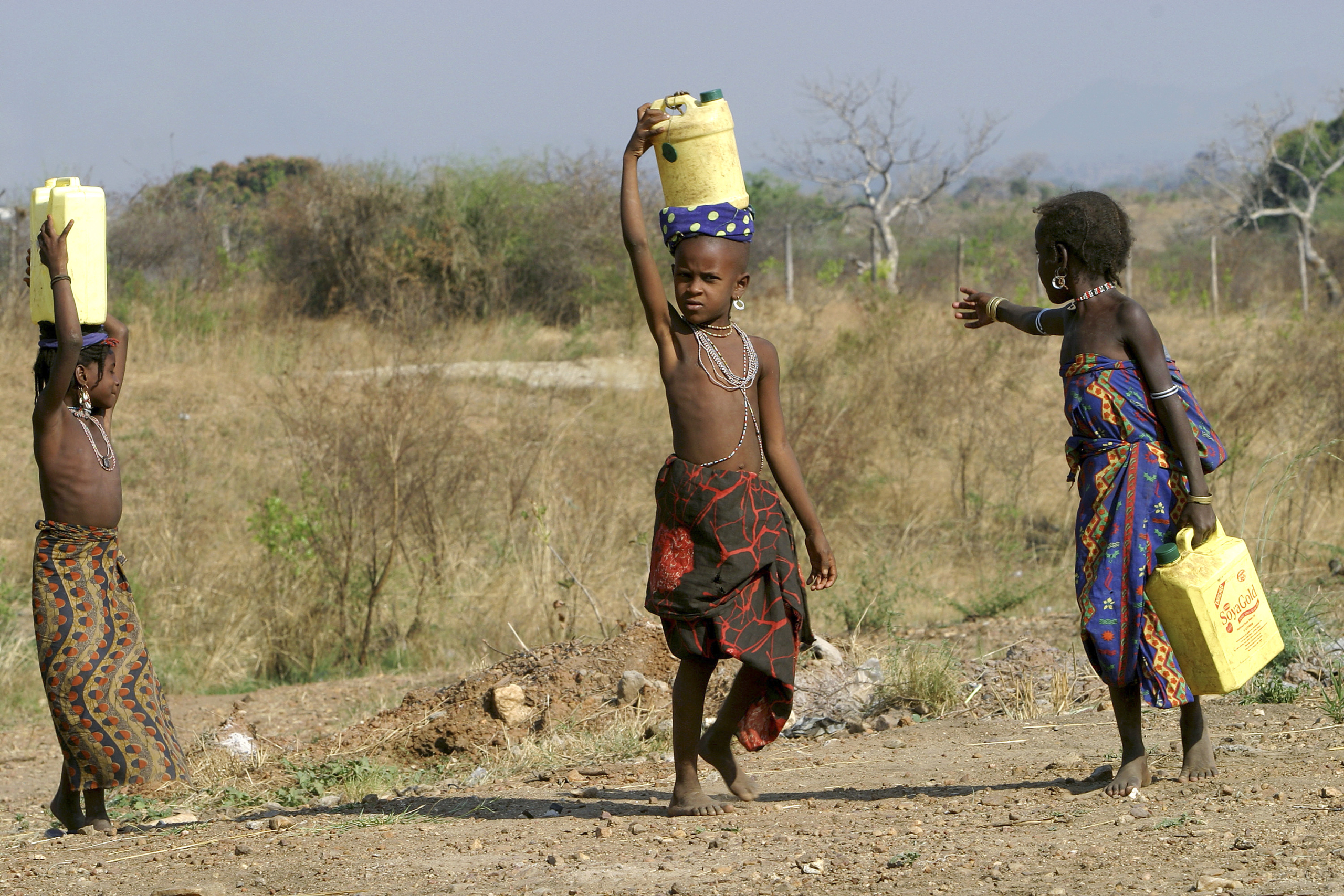Famine in Sudan: WFP, FAO and UNICEF Are Providing Vital Aid
 Famine in Sudan is currently one of the worst hunger crises in its history, with 25.6 million people subject to extreme food insecurity. The situation results from conflicts between parties, as war persists for months without respite. Violent attacks, looting and the destruction of infrastructure are widespread. This leads to interrupted agriculture, transportation of goods and food shortages, driving the price of food up by 83%.
Famine in Sudan is currently one of the worst hunger crises in its history, with 25.6 million people subject to extreme food insecurity. The situation results from conflicts between parties, as war persists for months without respite. Violent attacks, looting and the destruction of infrastructure are widespread. This leads to interrupted agriculture, transportation of goods and food shortages, driving the price of food up by 83%.
In a recent United Nations (U.N.) report, Edem Mosornu, Director of Operations and Advocacy in the Office for Coordination of Humanitarian Affairs, calls this a reality coming out of a “nightmare.” She reveals the gravity of the situation, with 90% of the population sitting at an advanced stage of food insecurity, trapped in areas that are out of reach of humanitarian agencies.
Famine has already gripped the entire northern region of Darfur and 13 other areas are at high risk of facing the same fate. Sudan’s dire situation requires immediate assistance, making humanitarian aid and initiatives essential for providing crucial support.
Famine in Sudan and WFP Action
The World Food Programme (WFP) has responded rapidly and effectively to the Sudan emergency. It supports community kitchens around Khartoum in partnership with local organizations, aiming to provide 100,000 hot meals per month. Additionally, WFP’s strategy includes using an “Emergency Telecommunications Cluster” to protect vital communication and establish United Nations Humanitarian Air Services. This successful project connects Sudan to Amman and Nairobi. It has already transported 18.5 metric tons of cargo in the latter half of 2023. WFP is also implementing an emergency wheat production project in areas such as Kassala and Gezira to encourage long-term resilience.
FAO and UNICEF
The Food and Agriculture Organization of the United Nations (FAO) and the United Nations Children’s Fund (UNICEF) also aid Sudan. FAO’s project is closely aimed at supporting farmers and their agriculture and improving the situation through this approach. This involves the distribution of seeds; the U.N. organization has already purchased 8,000 tonnes of millet and sorghum cereal seeds and aims to reach 1.8 million farming families this year.
On the other hand, UNICEF has focused on evaluating and supporting children suffering from severe malnutrition. This effort has included vaccinating 500,000 children and providing more than five million people with clean water. To support education, UNICEF works closely with mothers, offering financial assistance to 350,000 pregnant and lactating women and their families. It is also making efforts to protect vulnerable children from violence, separation and trauma.
Final Note
As long as conflict persists in Sudan, the hunger crisis continues. Predictions from the Integrated Food Security Phase Classification indicate that the situation could lead to severe health issues, including the spread of infectious diseases and increased infant mortality. The humanitarian aid provided by WFP, FAO and UNICEF offers hope for Sudan’s future. However, it also underscores that the situation is far from stable and ongoing assistance remains crucial.
– Grace Sammartini
Grace is based in Rome, Italy and focuses on Good News and Global Health for The Borgen Project.
Photo: Flickr
